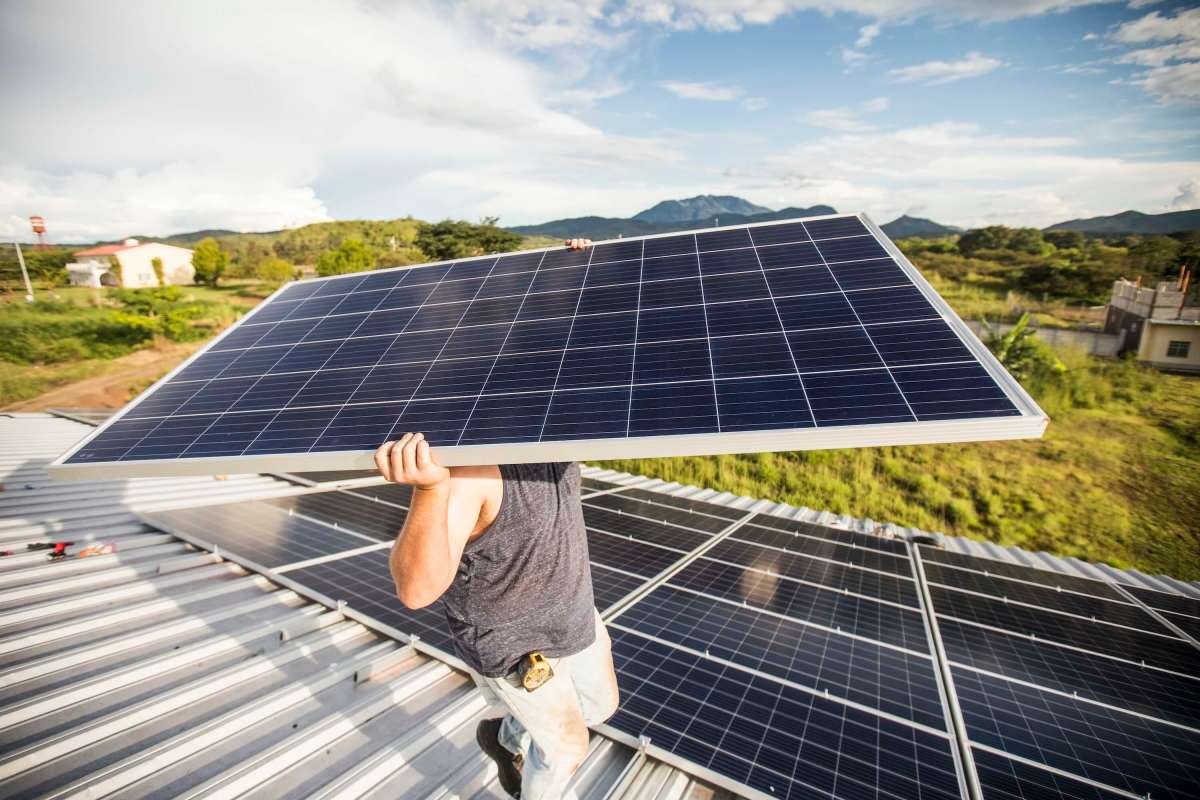A Bright Opportunity: How Two Entrepreneurs are Tackling Mexico’s Solar Market
Mexico, a country abundant with sunny regions, has surprisingly little solar power compared to countries with less sunlight and fewer people. While Germany boasts over 10 gigawatts of solar capacity, Mexico has only one-eighth of that.
One might think that the high electricity rates and intense sun in Mexico would make solar a no-brainer, but the truth is that the market is still very new and highly fragmented. This lack of familiarity with the technology presents a unique opportunity for entrepreneurs.
Such was the case for Edoardo Dellepaine and Raffaele Sertorio, two Italian entrepreneurs who were on a world tour before settling in Mexico. After selling their ghost kitchen startup to Travis Kalanick’s CloudKitchens, they decided to shift their focus to climate technology. They saw potential in the Mexican solar market and founded Niko, a solar installation company based in Mexico City.
In March 2022, the two left CloudKitchens to launch Niko. The startup has been operating under the radar until now, but it has just announced a raise of a $3.3 million seed round at a $16 million post-money valuation. Picus Capital and 468 Capital are leading the round, with additional support from several other VCs and angel investors.
“The intense Mexican sun certainly helped our thinking, but so too did the country’s high electricity rates,” said Sertorio. “Tariffs here, for at least a portion of the population, are higher than California.”
Despite the advantages of solar power in Mexico, adoption rates are lagging, particularly among residential and small commercial customers. Dellepaine and Sertorio discovered that many small installers were handling a large fraction of the jobs, resulting in uneven installations. Some had little experience with solar technology, while others were overwhelmed with work and provided poor follow-up services. Clearly, there was room for improvement.
Niko’s solution is to focus on sales and installation of solar panels for residential and small commercial customers, assuaging their concerns with a pitch and process that guarantees savings on utility bills and even offers free removal if the customer is unsatisfied with the panels. The startup plans to eventually expand into home electrification projects such as batteries, EV chargers, and water heaters.
To find customers, Niko is targeting large corporations to offer their service as an employee benefit, banks looking to improve environmental sustainability, and property managers for gated communities. But the challenges of the Mexican solar market cannot be ignored. Sales cycles are long, and financing options are limited and costly. Niko currently offers in-house financing for their customers and aims to break even within two years.
“Once we establish ourselves in the solar market, we plan to branch out into other home electrification projects,” stated Dellepaine.
While it may seem risky to base a venture-backed startup on solar installations in Mexico, Niko’s investors point to Enpal, a German solar installer that has raised nearly a billion dollars. If Niko can overcome the hurdles that have hindered solar progress in Mexico, the potential for growth is immense. And with the support of investors, Dellepaine and Sertorio are determined to make their mark on Mexico’s solar market.








